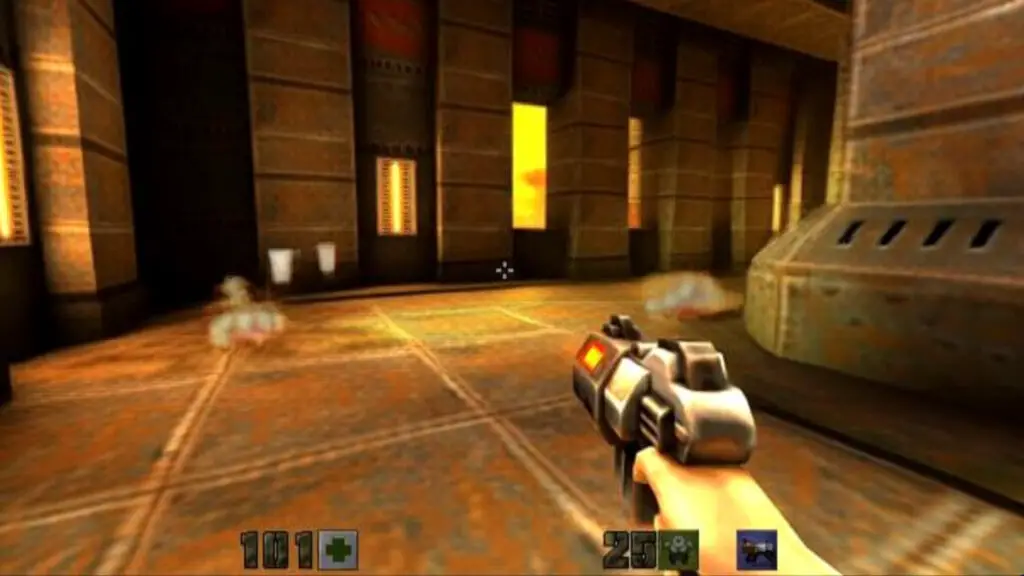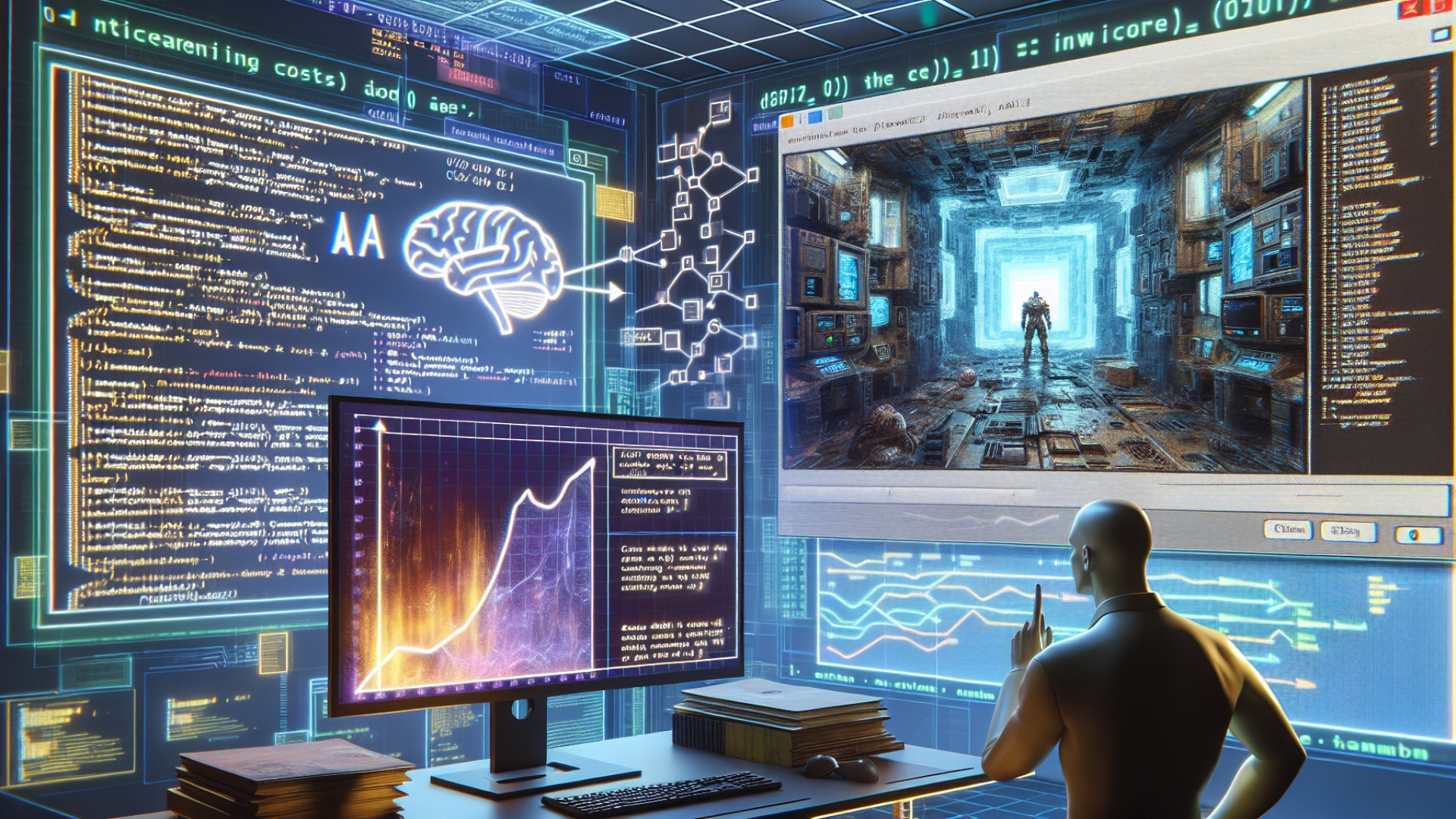At Digital Tech Explorer, we’re always tracking advancements where AI meets creative industries like gaming. A recent Microsoft technology demonstration from its AI Copilot research labs has certainly sparked discussion, showcasing a generative AI attempting to create Quake 2 from scratch—or something resembling it, at least, as the original game never induced nausea quite like this version. Despite this, John Carmack, the lead programmer behind Id Software’s seminal game, was genuinely impressed. He specifically stated on X, “This is impressive research work!” in response to heavy criticism.
By TechTalesLeo

The Research and Carmack’s Authority
The research in question was published in the science journal Nature. For those of us at Digital Tech Explorer who ventured into 3D graphics programming inspired by games like Quake 2, the paper might seem like an arcane script. Evaluating the merits of such specialized work by a large team of professionals in AI programming requires deep expertise.
Given Carmack’s undisputed qualifications, his endorsement of the research as “impressive” carries significant weight. It’s worth noting he has a vested interest in AI, having founded an AGI (artificial general intelligence) company, Keen Technologies, in 2022.
Critique: AI Demo’s Output vs. Resource Cost
While the underlying research is undoubtedly advanced, the end results presented in the demo raise questions. This is, of course, an early technology demonstration, and we’ve seen generative AI evolve rapidly from producing nonsensical outputs to creating startlingly realistic audio and video.
However, the primary concern here isn’t the demo’s current snail-like frame rate or ghostly rendering, nor its struggle to maintain a comprehensive grasp of a level in Quake, a game nearly three decades old. The crux of the issue lies in the resources required to generate this short, ‘playable’ demo. According to the research paper: “We extracted two datasets, 7 Maps and Skygarden, from the data provided to us by Ninja Theory. The 7 Maps dataset comprised 60,986 matches, yielding approximately 500,000 individual player trajectories, totalling 27.89 TiB on disk. This amounted to more than 7 years of gameplay.”
Human Ingenuity vs. AI in Game Creation
The original Quake 2 was brought to life by a small team of designers, programmers, and artists. They relied on their ingenuity, creativity, and knowledge, not 28 TB of gaming data. Their development didn’t necessitate hugely expensive GPU servers consuming many kilowatts of power to render the graphics they envisioned.
AI’s Value and Future in Game Development
Research for its own sake is valuable (provided it’s legal and ethically sound), and Microsoft is funding this project with its own resources. However, from a tech development and resource allocation perspective—a key interest for us at Digital Tech Explorer—one might question the efficiency. How does this investment compare to the cost of a skilled game development team creating a similar, albeit quirky, Quake 2-style game over a comparable period?
There’s little doubt that AI will eventually generate far more impressive and playable game experiences. But the critical question remains: will it be more cost-effective—in terms of computing power, electrical energy, and overall investment—than a group of talented individuals equipped with standard PCs? If AI reaches that point, it will be truly remarkable. Yet, it would also raise profound concerns for the future of game development and the role of human creativity.
One can only wonder what Carmack’s thoughts are on this particular aspect.
Recommended Gaming Hardware Components

Best CPU for gaming: Top chips from Intel and AMD.
Best gaming motherboard: The right boards.
Best graphics card: Your perfect pixel-pusher awaits.
Best SSD for gaming: Get into the game first.
All content on Digital Tech Explorer is for informational and entertainment purposes only. We do not provide financial or legal advice.
Some of the links on Digital Tech Explorer are affiliate links. This means we may earn a commission if you click through and make a purchase, at no additional cost to you. Our recommendations are based on thorough research and personal experience.
You must confirm your public display name before commenting. Please logout and then login again, you will then be prompted to enter your display name.

